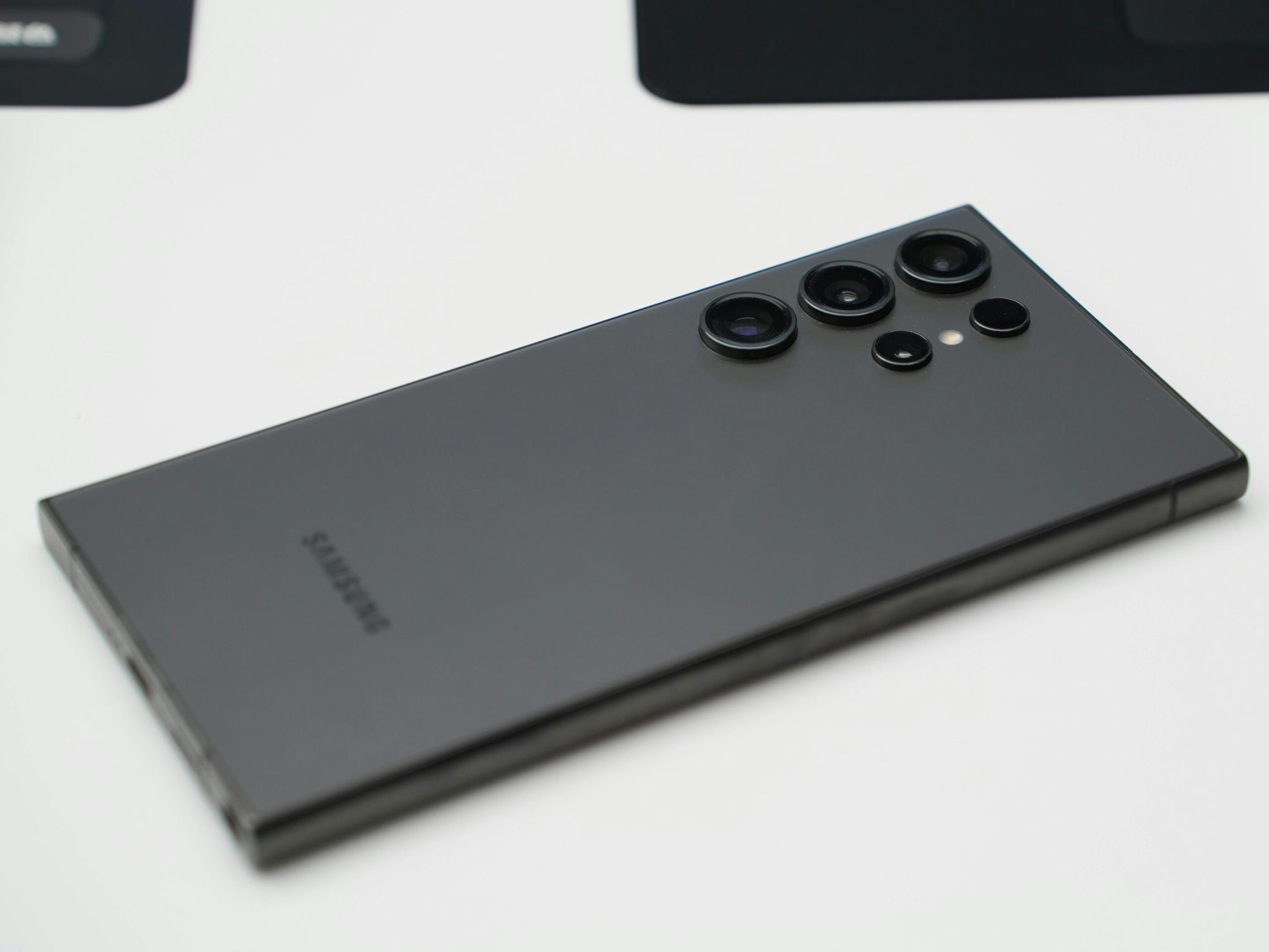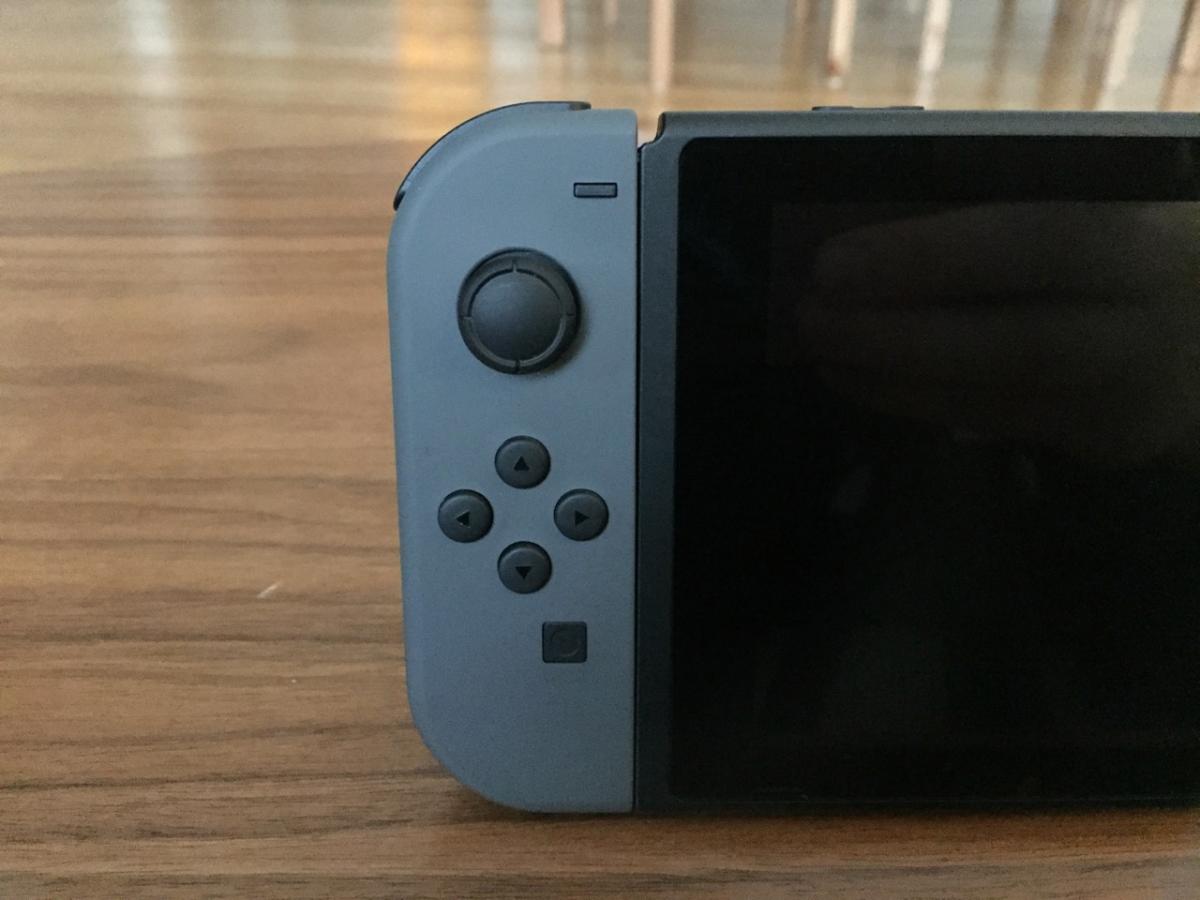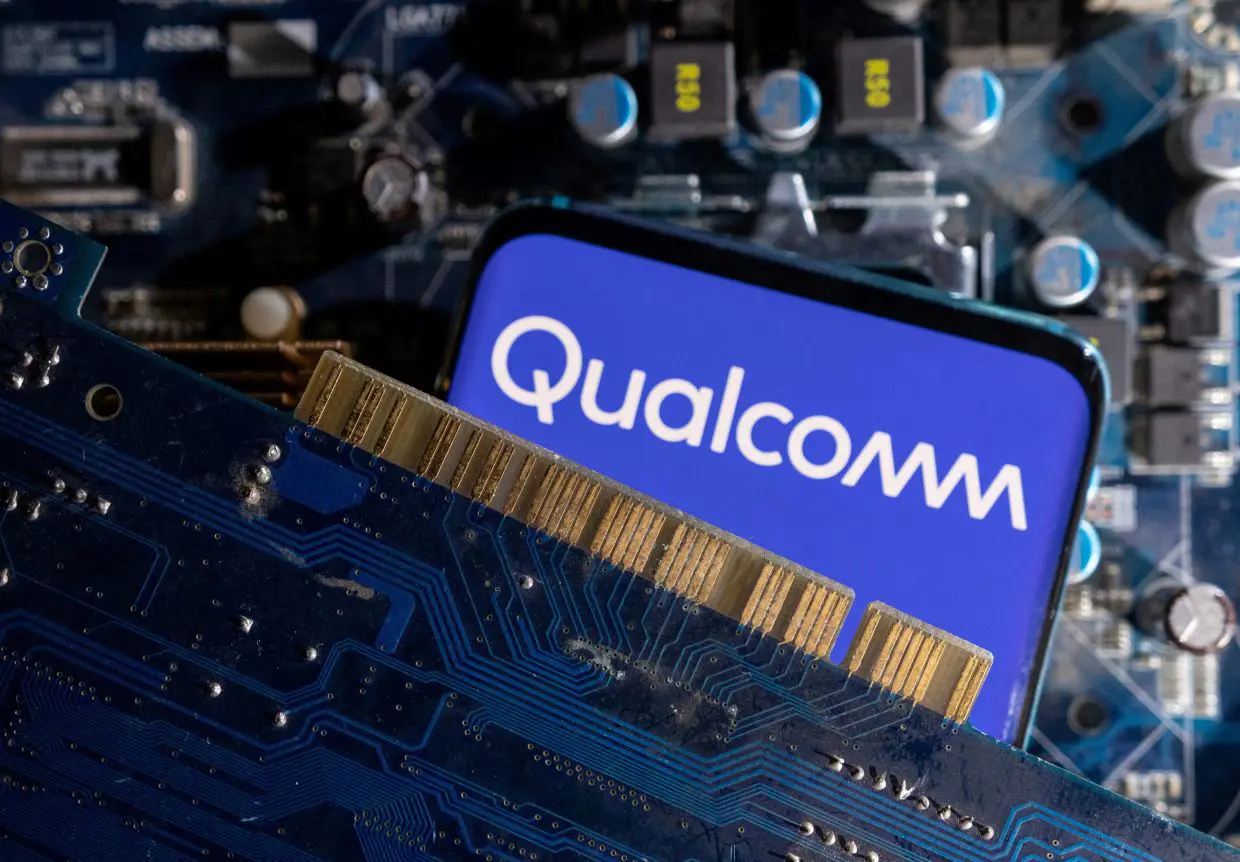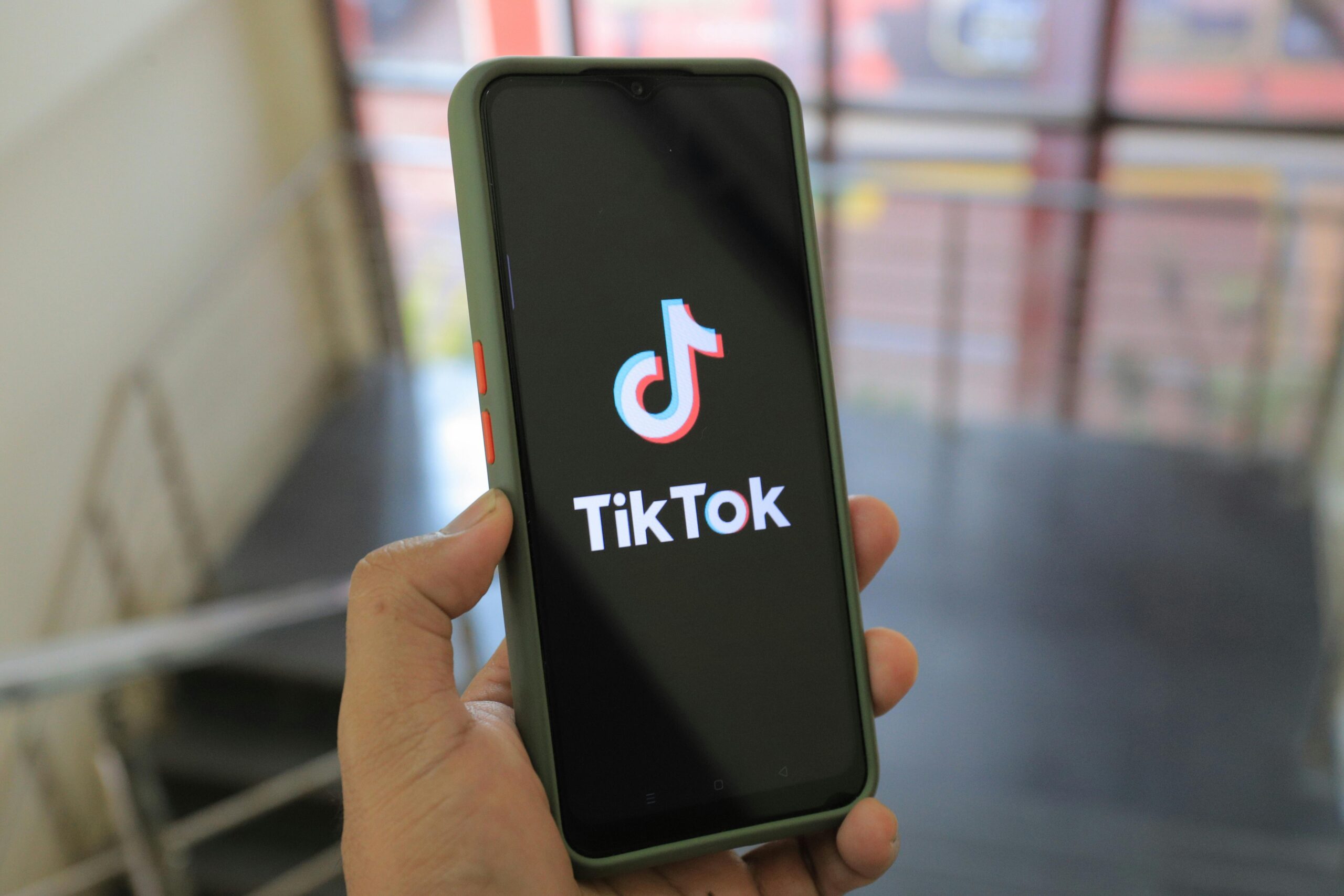Intel’s interim co-CEO Michelle Johnston Holthaus made sharp observations during Barclay’s Global Technology Conference yesterday, spotlighting concerns over Qualcomm’s laptops and the growing Arm ecosystem. She claimed that a significant number of Qualcomm PCs are being returned, describing it as “the number one concern” for retailers.
While Johnston Holthaus’s remarks highlight a troubling scenario for Qualcomm, details remain unclear. Data on return rates for Qualcomm PCs is limited, making it difficult to substantiate her claims. Analysts speculate compatibility issues with Windows on Arm could be a factor, though these challenges have reportedly diminished in recent years.
Market data from Canalys paints a mixed picture for Qualcomm. The company shipped 720,000 PCs in the third quarter, capturing just 0.8% of the market. While this marks significant growth, the relatively small sales volume raises questions about the broader retail impact Johnston Holthaus described.
Her comments suggest Intel sees Qualcomm’s rise—and Arm PCs more broadly—as a growing but not existential threat. “x86 is the best overall basic architecture,” she said, emphasizing Intel’s confidence in its technology and customer loyalty.
The timing of these remarks could be linked to recent statements from TSMC founder Morris Chang, who criticized Intel’s strategy and leadership, arguing it missed opportunities in AI processors. With TSMC’s close ties to Qualcomm, Nvidia, and Apple, Johnston Holthaus’s statements may aim to assert Intel’s dominance in the face of growing competition.
Despite her criticism of Qualcomm, Johnston Holthaus underscored the benefits of competition, noting it drives innovation. She hinted at even more challengers on the horizon, predicting that 2025 will bring an unprecedented number of competitors into the market.
While Michelle Johnston Holthaus’s comments underscore Intel’s intent to defend its x86 architecture against the rise of Arm-based PCs, they may also reflect a strategic deflection. Qualcomm’s growth, though modest in market share, represents a broader industry trend toward innovation and diversification in computing architectures. The claim about high return rates lacks publicly available data for verification, raising questions about whether Intel is overstating the issue to reinforce its position as a market leader. As competition heats up and the tech landscape shifts, Intel’s narrative seems to focus less on addressing its own challenges and more on casting doubt on emerging competitors—a strategy that may or may not resonate with its audience.










